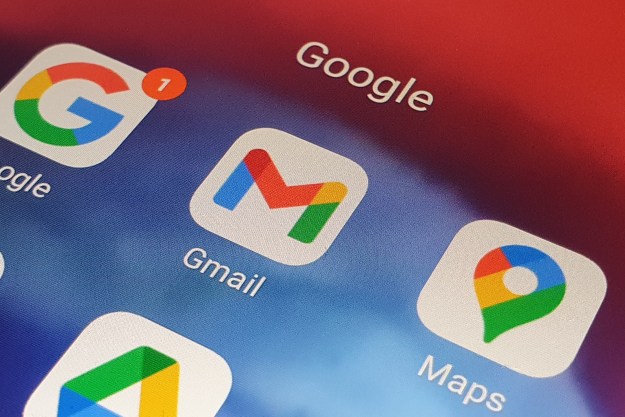Following the testimony of Twitter and Facebook executives earlier in September before Congress, lawmakers are renewing their interest in technology companies. The United States Senate Committee on Commerce, Science, and Technology has scheduled a hearing with Amazon, Apple, AT&T, Charter Communications, Google, and Twitter on September 26 to hear how these technology companies protect the data and personal information of their customers.
The session titled “Examining Safeguards for Consumer Data Privacy” was scheduled by Senator John Thune, R-S.D., to “examine privacy policies of top technology and communications firms, review the current state of consumer data privacy, and offer members the opportunity to discuss possible approaches to safeguarding privacy more effectively.”
Witnesses include Apple’s vice president of software technology, Google’s chief privacy officer, Twitter’s global data protection officer, among others. Interestingly, Facebook is absent from the list of technology companies scheduled to testify. After it was revealed that the personal data of more than 87 million users on its network may have been exposed as a result of the Cambridge Analytica scandal earlier this year, Facebook’s privacy policies were heavily scrutinized, prompting the company to implement changes to how it handles and shares data.
“Consumers deserve clear answers and standards on data privacy protection,” Thune said in a statement. “This hearing will provide leading technology companies and internet service providers an opportunity to explain their approaches to privacy, how they plan to address new requirements from the European Union and California, and what Congress can do to promote clear privacy expectations without hurting innovation.”
The European Union passed its General Data Protection Regulation (GDPR) earlier this year in May, and in June, California passed its own state Consumer Privacy Act, which will become effective in 2020. The state allows consumers to opt out from having their data sold and consumers can request companies delete the data that have been collected. California also prevents companies from charging customers for opting out of data collection, and the state attorney general can impose fines if companies fail to protect consumer data from hackers.
Congress will give the six tech companies a chance to explain their approaches to privacy and an opportunity to address how they’ll respond to requirements from new legislation from the EU and California. Unlike some of its peers who lobbied against the California law, Apple will likely promote its pro-privacy policies at the hearing. “At Apple, we believe privacy is a fundamental human right,” the company states on its website. “Every Apple product is designed from the ground up to protect that information. And to empower you to choose what you share and with whom.”
Editors' Recommendations
- Google just settled a $5B privacy suit involving Chrome browser
- Google witness accidentally reveals how much Apple gets for Safari search
- Steve Jobs’ legacy lives on with the highest civilian honor in the U.S.
- Google’s privacy sandbox to limit tracking on Android phones
- Google faces legal trouble over Android data collection


